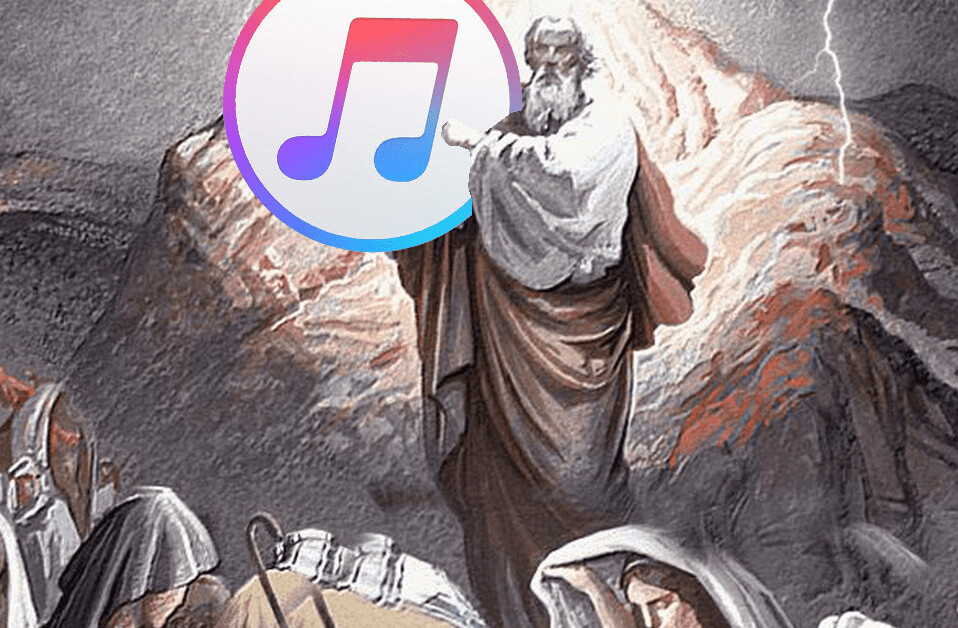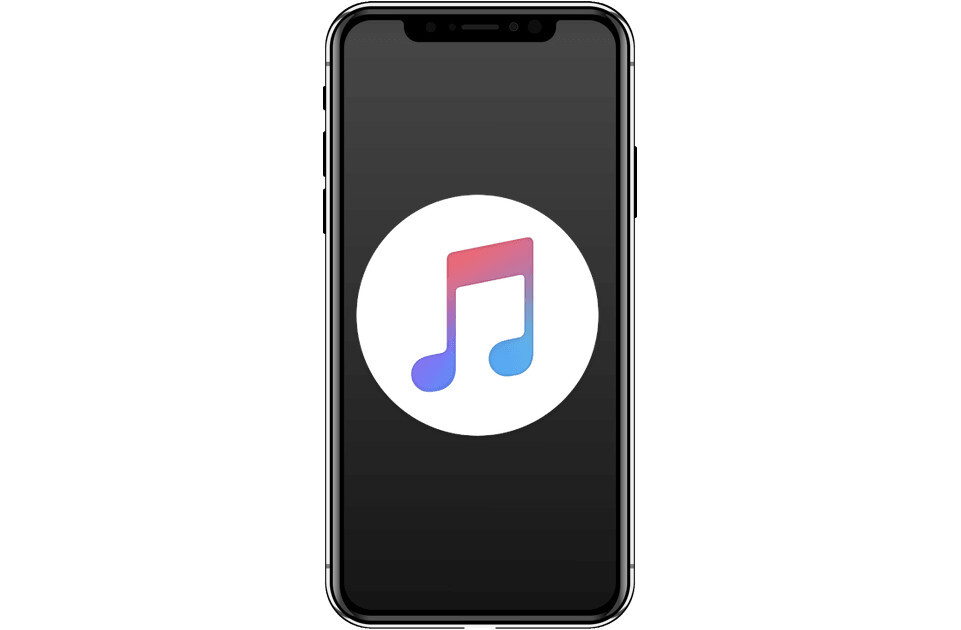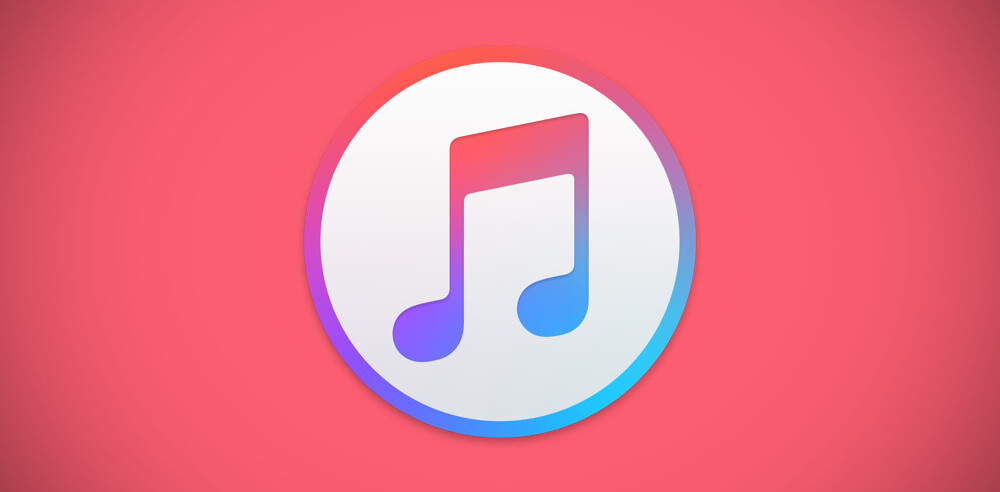
Speaking at BBC 7 Music’s John Peel lecture, Pete Townshend of The Who said that Apple’s iTunes music store acts as a “digital vampire” that is bleeding artists without offering benefit, reports the BBC.
Townshend said that Apple should use the power of the music store to aid artists through nurturing and editorial guidance, something he says publishers and labels have done in the past.
Is there really any good reason why, just because iTunes exists in the wild west internet land of Facebook and Twitter, it can’t provide some aspect of these services to the artists whose work it bleeds like a digital vampire, like a digital Northern Rock, for its enormous commission?
Townshend also said that the record industry is dying and that Apple should hire 20 talent scouts to guide new performers and support the ‘best’ of those.
Townshend also, interestingly enough, had a lot to say about illegal downloads, comparing them to people stealing his son’s bike, although he did say that it was “tricky to argue for the innate value of copyright from a position of good fortune, as I do. I’ve done all right.”
These comments are interesting in the light of the history of iTunes. When Apple introduced the store, there were other online marketplaces for music, but none made the process as easy and comprehensive as iTunes did. This, along with the iPod, allowed Apple to capture a dominant position in the online sales of ‘legal’ music. They have yet to relinquish that spot and still account for 75% of non-pirated music downloads.
Effectively, iTunes is the reason that so much music is purchased legally at all on the web.
This makes Townshend’s statements interesting because he is saying that just offering the music online, and reaping a nice commission on the sales, isn’t enough and that Apple should be doing more with iTunes.
It’s effectively an admission that the record companies time is over and that any services that artists used to rely on them for should instead be shouldered by Apple.
The practicality of this is somewhat in question, as the labels and publishers are still very much part of the system and a large chunk of profits goes to them before it goes to the artists still. But, perhaps if Apple was to become not only the distributor, but the sole publisher of a new breed of artists offering their music online first, and through physical media second, this idea could be considered as viable.
The CD market fell in 12.4% 2010 to 98.5M units, while digital albums were up 30% to 21M and digital singles up 5.9% to 168M, continuing a trend towards the eventual dominance of digital music.
If Apple were to cut out one more slice of the pie for itself and begin publishing music directly it seems like it would be reasonable to expect it to take on some of the publisher’s traditional roles. Perhaps at some point iTunes could even become its own label?
What do you think, is Apple’s iTunes just bleeding artists dry without offering them any benefit, or has Townshend just got a case of sour grapes?
Get the TNW newsletter
Get the most important tech news in your inbox each week.




